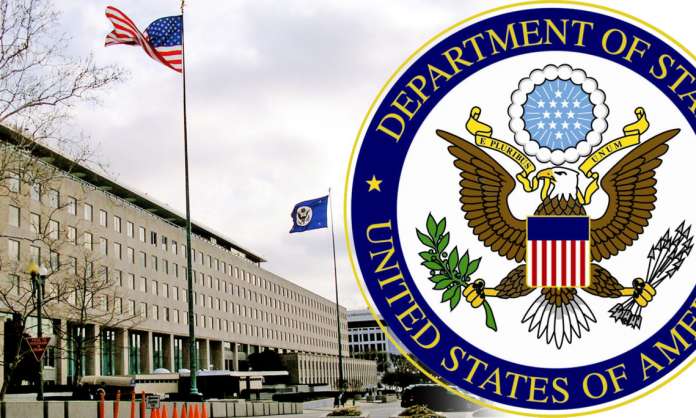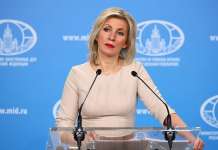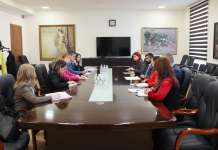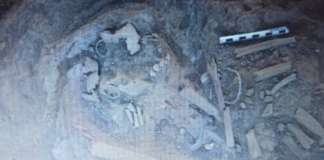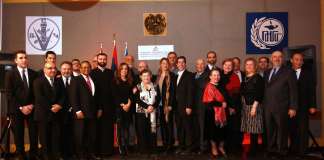On March 30, the United States Department of State officially confirmed the Republic of Turkey’s participation in the 44-Day Artsakh War unleashed by Azerbaijan against the Armenians of Artsakh (Nagorno-Karabakh) on September 27, 2020.
In its 2020 Country Reports on Human Rights Practices, the State Department said Azerbaijan, “with Turkish support”, seized control over four territories surrounding Nagorno-Karabakh, while a Russian-brokered ceasefire arrangement resulted in the peaceful transfer of control over three additional territories to Azerbaijan, per PanArmenia.
In the war against Artsakh, Turkey supported Azerbaijan militarily, also by transferring terrorist mercenaries from the Middle East to fight against Karabakh. Armenia was the first to report on Turkey’s deployment of thousands of Syrian fighters to Azerbaijan. International media publications followed suit, as did reactions from France, Russia, Iran and Syria. The Nagorno-Karabakh Defense Army has already unveiled footage from the interrogation of two such terrorists captured on the front.
The State Department said that “significant human rights issues connected with the Nagorno-Karabakh armed conflict included unlawful killings, civilian casualties, and inhuman treatment.”
The report shed light on the decapitation, murder and torture of Armenian soldiers and civilians by Azerbaijani troops, the latter’s use of Israeli-made cluster munitions, combat drones and missiles to bomb civilian infrastructure and homes in Karabakh, the inhuman treatment and humiliation of numerous Armenian prisoners of war, and other crimes. Also among Azerbaijan’s targets were a diverse range of nonmilitary sites, including medical emergency service centers and ambulances, food stocks, crops, livestock, electricity and gas plants, and drinking-water installations and supplies, as well as schools and preschools.
Various organizations and media outlets such as Human Rights Watch, bellingcat, the BBC, the Atlantic Council’s Digital Forensic Research Lab (DFRL), UN High Commissioner for Human Rights were cited in the report.


